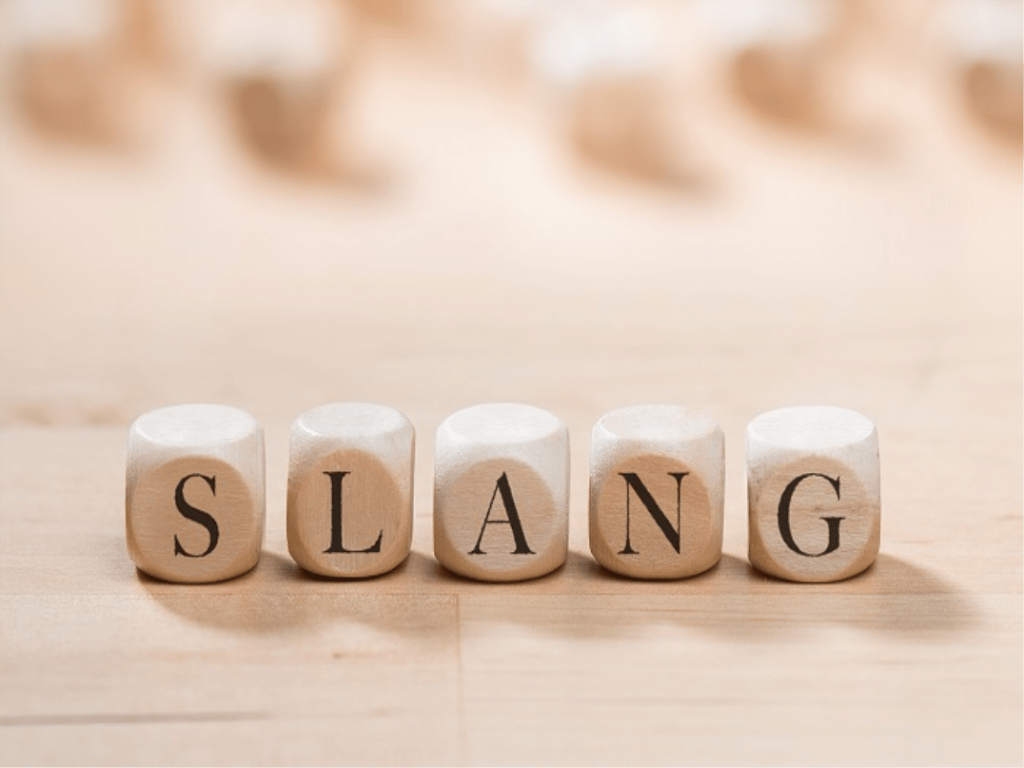Welcome to the side of the Arabic language that textbooks often miss! While mastering formal Arabic is a great achievement, a true connection to the culture comes from understanding and using Arabic slang. This vibrant, ever-changing language of the street is what native speakers use every day to greet, joke, and express themselves. If you’ve ever heard a phrase like “shlonak” and wondered about its meaning in English, you’re in the right place. This guide will demystify common Arabic slang words with meaning and give you the confidence to sound more authentic in conversation.
The World of Arabic Slang: A Different Kind of Language
Arabic slang isn’t a single entity but a collection of regional dialects. From the humorous quips of Cairo to the rapid-fire phrases of the Gulf, each region has its own unique way of speaking. Learning slang helps you:
- Sound More Natural: It’s how real people talk, so using it will make you sound more like a local.
- Understand Media: Slang is everywhere in movies, TV shows, and music.
- Connect with People: Using a local phrase shows you’ve made an effort to understand their culture.
Shlonak: More Than Just “How Are You?”
The keyword “shlonak” is a perfect example of how slang offers more than just a direct translation. If you look up shlonak meaning, you’ll get “how are you?” which is correct, but it’s important to know its context.
- (shlonak?) شْلُونِك؟ : This is the most common way to say “how are you?” in the Gulf dialect (Saudi Arabia, Kuwait, Qatar, UAE, Bahrain, Oman). The word itself is a contraction of “what is your color?” but has evolved to mean “how is your condition?”
- Response: A common response is بِخَيْر، الحَمْدُ لِلَّه (bikhayr, alhamdulillah), which means “good, praise be to God.”
This simple greeting is a key part of the Gulf Arabic slang lexicon.
Common Arabic Slang Words with Meaning
Here is a list of some essential Arabic slang words with meaning that you’ll hear in different parts of the Arab world.
General & Levantine Slang:
- (ya’ni) يَعْنِي : One of the most versatile words in Arabic. It can mean “I mean,” “so,” “like,” or simply be a filler word when someone is thinking.
- (fi ma fi) فِي مَا فِي : A way to ask “what’s new?” or “what’s going on?” (literally: “in what’s in?”)
- (khallaṣ) خَلَّاص : Enough, finished, done. It’s an all-purpose word to indicate that something is complete.
- (ʾeesh)إِيش : A common way to say “what?” in many dialects, especially the Levantine.
Egyptian Slang:
- (ʾezzayak?) إِزَّيَك؟ : The quintessential Egyptian way of saying “how are you?”
- (bisurʿah) بِسُرْعَة : Quickly, in a hurry.
- (faḍi) فَاضِي : Free, available (as in, “are you free to hang out?”).
- (gamīl) جَمِيل : Beautiful, lovely. A word of high praise.
Gulf Slang:
- (shabāb) شَبَاب : Guys, youth. A friendly way to address a group of men.
- (yumkin) يَمْكِن : Maybe, possibly.
- (tamām) تَمَام : Perfect, great. A common response to “how are you?”
The Power of Slang in Conversation
Using Arabic slang words with meaning is your ticket to a more authentic and enjoyable communication experience. It’s an act of cultural immersion that shows respect and a genuine desire to connect with people on their terms. Don’t be afraid to try out new words you hear; native speakers will appreciate the effort.
Ready to start talking like a local? Visit www.kaleela.com and download the Kaleela Arabic learning app today! Our comprehensive lessons provide the vocabulary and cultural context you need to master not just formal Arabic, but all the essential Arabic slang too.



